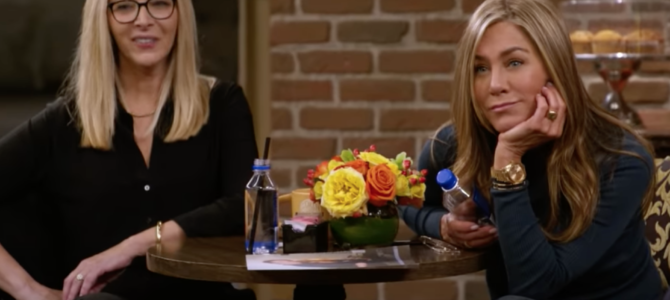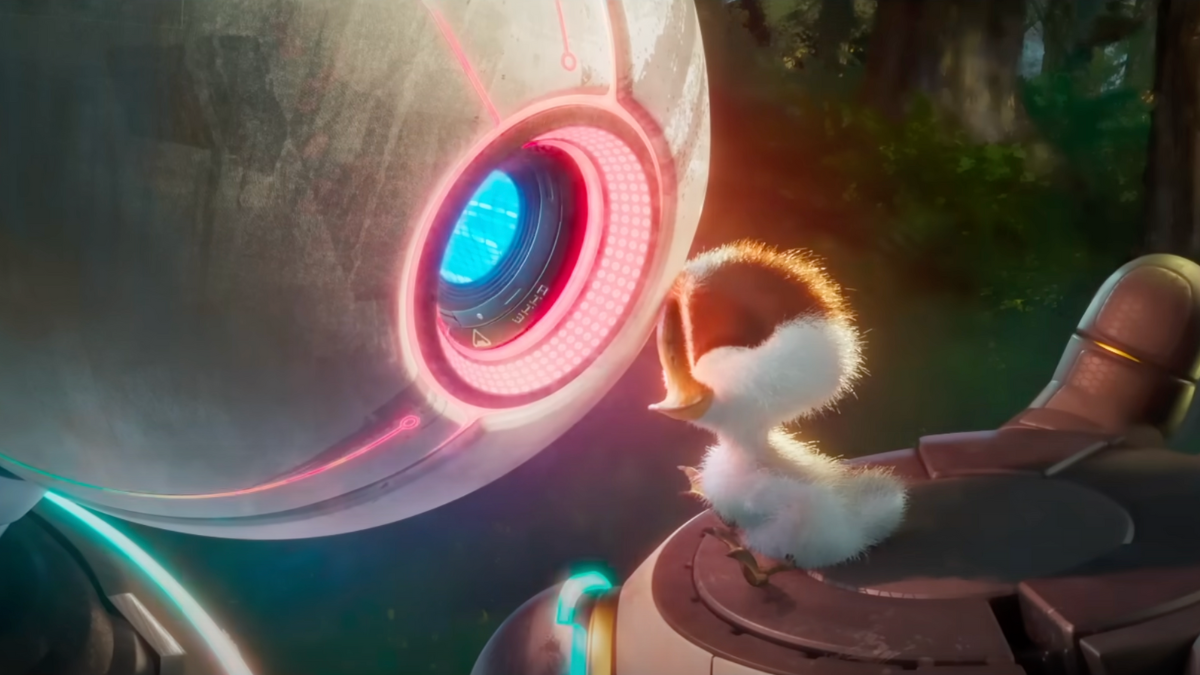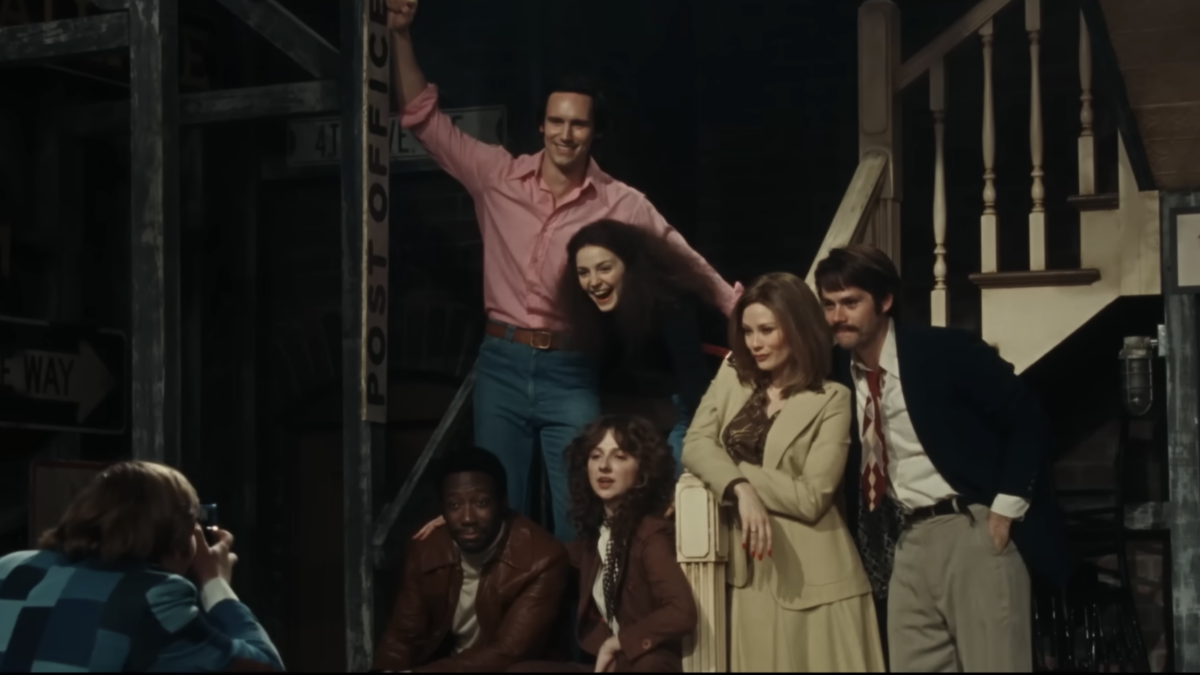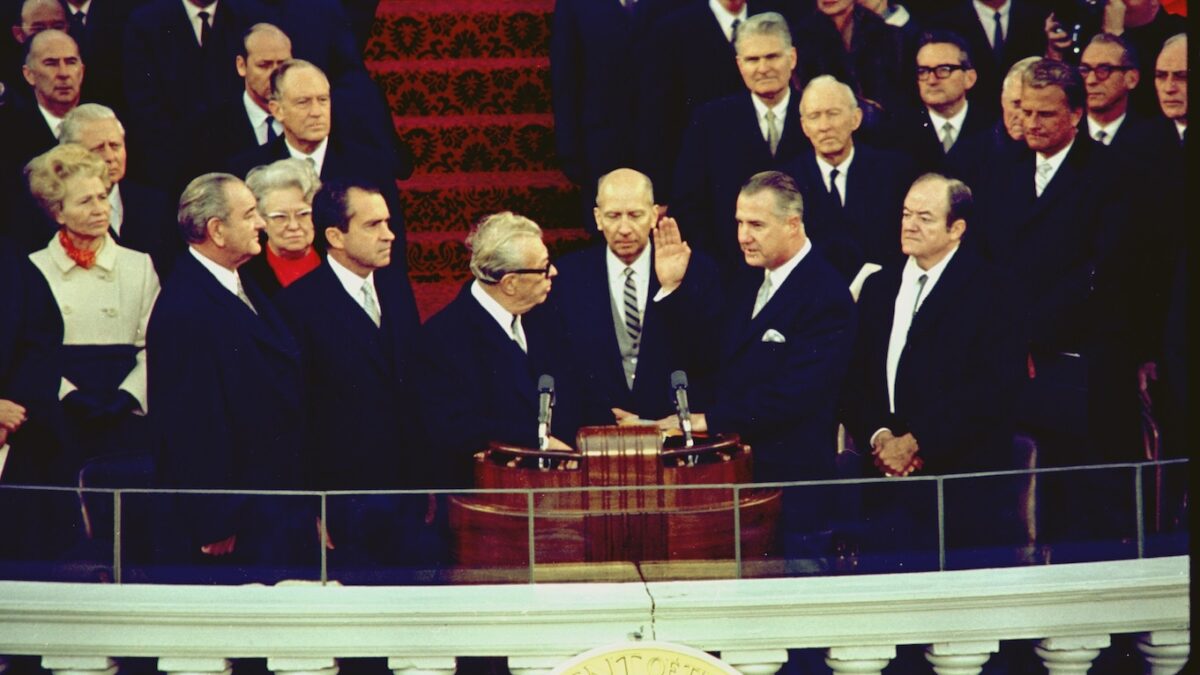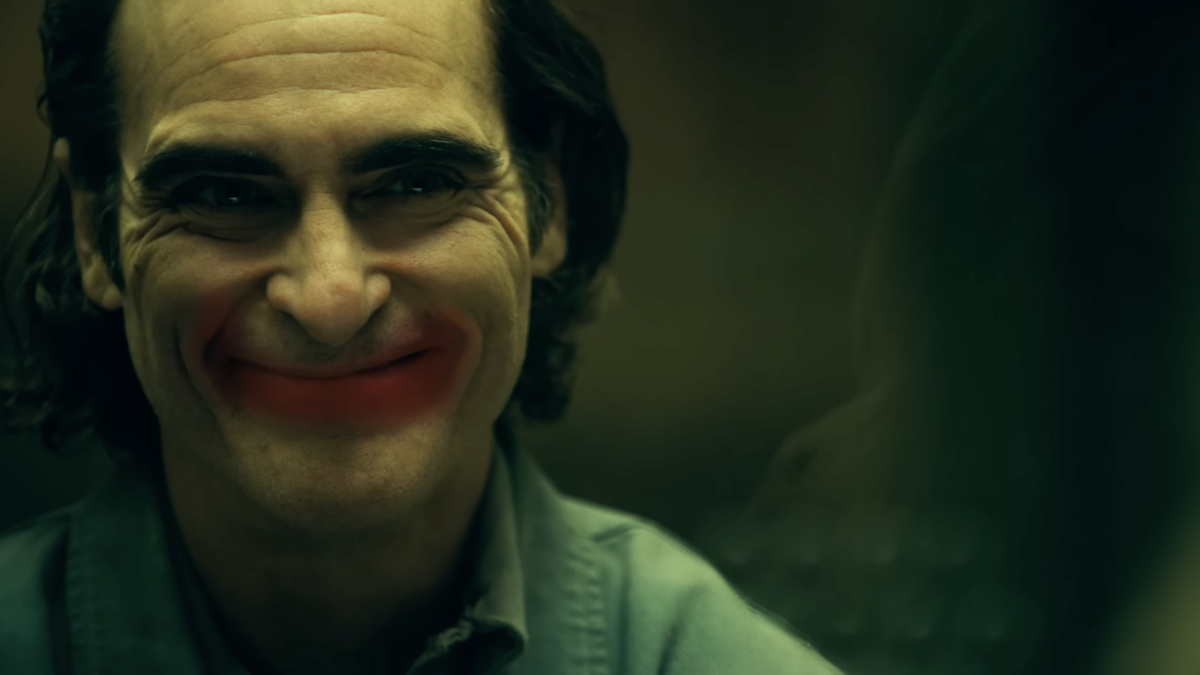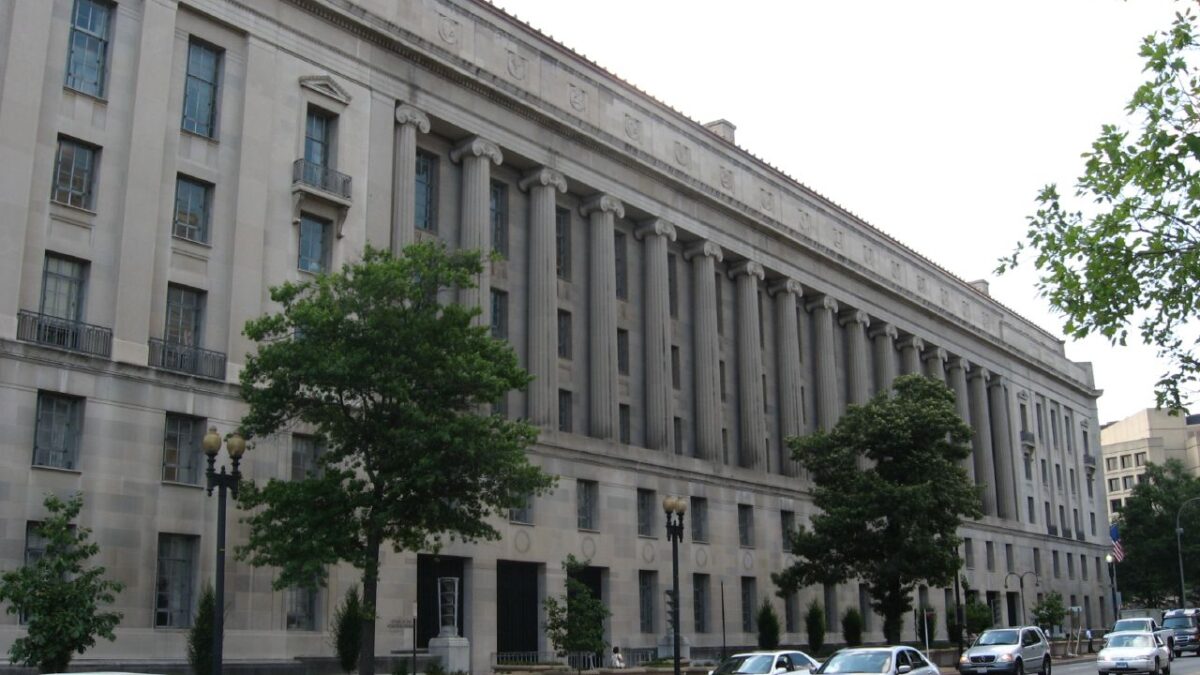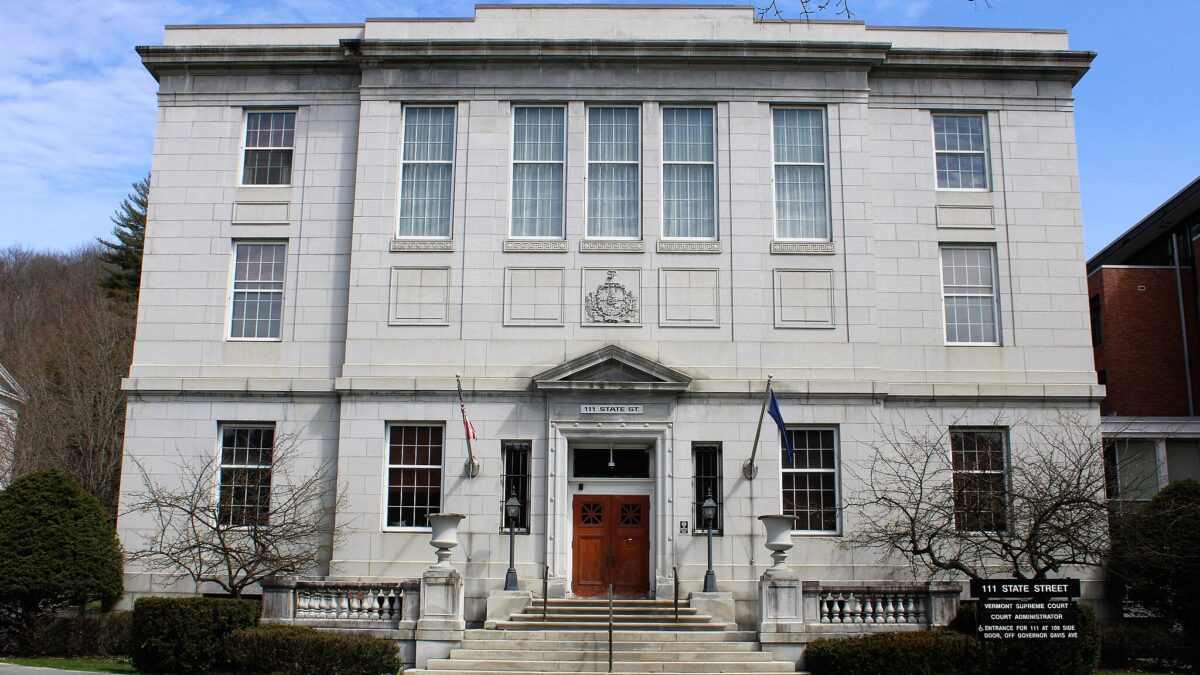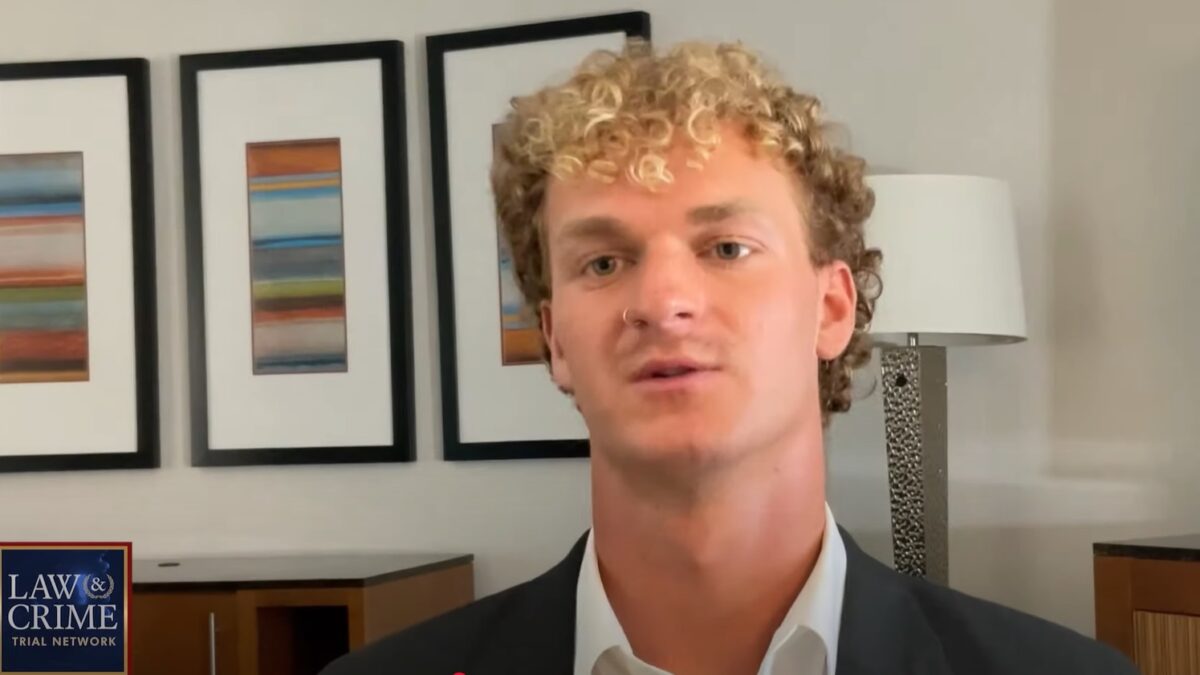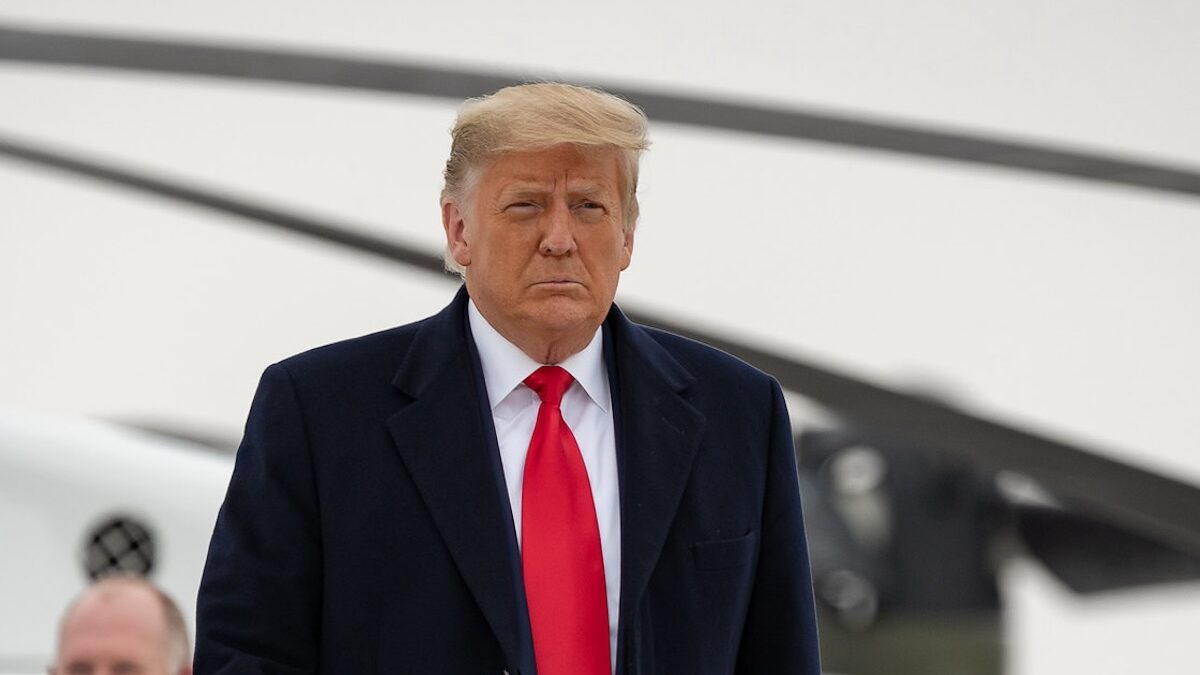I never wanted “Friends” to reunite. The ending was too sacred. It belonged in the past, outside the clutches of a tired industry that coughs out charmless sequels and specials with the energy of an ailing patient.
The “Friends” have good instincts. They let everyone go first. They refused to indulge in cheap storyline extensions. The result was a warm and glittering special befitting of their greatness, one that added to their legacy instead of detracting from it.
The “Friends” reunion on HBO Max is a joy. It’s more of a documentary than anything, capturing the cast’s first moments together again on their set, nearly two decades after the show wrapped. Creators Kevin Bright, David Crane, and Marta Kauffman add pre-recorded insights that complement the nostalgia. The table reads are seamless and limited, blurring then and now to powerful effect.
On its own, the documentary value of reconvening six close, hyper-famous friends who lived a singular experience together is powerful. That was bound to produce interesting results and, indeed, the production captured them artfully. It’s incredible just to watch and listen as the six cast members reflect on their meteoric rise, their friendships, and their footprint on popular culture.
Everything was beautifully shot. We actually learn some new information too, despite the mountain of existing behind-the-scenes information that’s grown over the years. Some of the gags are briefly a bit corny, but they easily fall into the background.
It’s just a positive experience, crafted elegantly, fun, and reflective, but liberated from the baggage of our current popular culture, much like the show itself. Actually, that’s what makes the reunion so interesting.
“Friends” is in contemporary pop culture but not of contemporary pop culture. Together with “The Office,” it remains one of the most-watched television shows. In the ’90s, it was escapism from the churn of everyday life. Now, it doubles as escapism from the heaviness of everyday life as well. It’s just better than the current alternatives, which are mostly dramedy and mostly divisive, thanks in large part to the niche-ification of the entertainment economy.
The recently-departed era of mass media produced a lot of garbage but also created incentives for artists to tap into shared human experiences — occasionally producing something brilliant. “Friends” fits that bill.
The reunion proves the point. The dying art of mass palatability is a powerful one, and “Friends” mastered it. The show’s enduring popularity is strong evidence. In producing a reunion that avoided the contemporary pressures to milk iconic IP for all it’s worth and atone for alleged political sins, we’re reminded why “Friends” still stands out. It’s just good TV.
